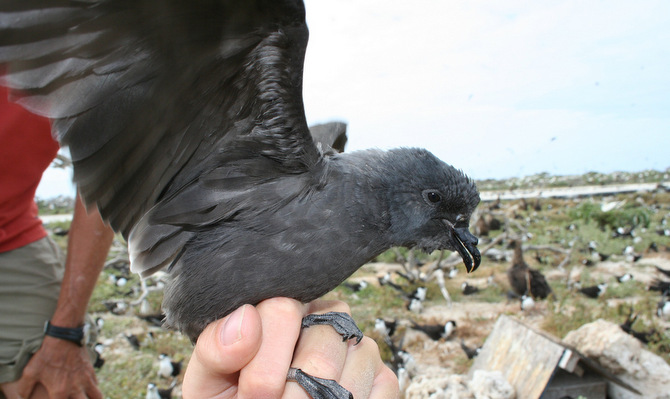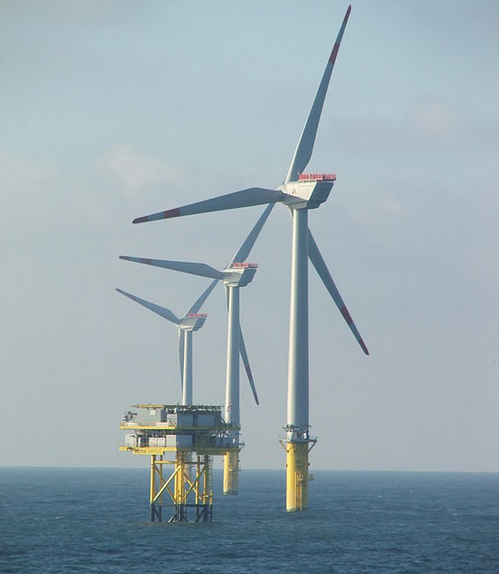
West Coast Sea Bird Endangered?
The coastal waters and offshore islands of sunny California is home to the ashy storm-petrel – a small gray seabird who specifically hangs out in and around San Diego, San Francisco, and Los Angeles.
These are major metropolitan population centers with very high development needs that is directly contributing to the degradation of all of California’s local ecosystems. Are these west coast sea birds endangered? This seabird is not officially on the US Endangered list, but was petitioned to be on the list at least two times to the United States Fish & Wildlife Service.
Now the federal government is going to launch a full status review due to a scientific petition filed by the Center for Biological Diversity. There are several different factors that could be contributing to a decline in these benign birds. Climate change, over development, and even the S.F. Bay Area oil spills certainly haven’t helped either. There are many other reasons for the decline of the birds which can be read at the website from the Center for Biological Diversity.
While it appears the U.S. Federal government is conducting its full review, the IUCN has classified these birds as an endangered species.
Mysterious Mass bird Deaths all over the Globe
Over the years there have been strange reports of mysterious mass bird deaths all over the world. There are many different reasons for mass bird kills — poisoning, freak weather events, or even acute pollution incidents.
Some say the birds are dying because they drank toxic water, others think it could be a harsh climate or climate change. This story on 500 Australian bird deaths had no idea why hundreds of birds were dying but reported that thousands died in a previous event due to high temperatures.
Back in 2007 there was a sense of mass hysteria when it came to the endless slaughter of turkeys, chickens, and ducks, due to the possible infection of bird flu. Did the deaths of all these birds really need to happen. Entire eco-systems were being disrupted worldwide. How do these mass die offs and mass killings affect other parts of the sensitive web of life? In another story put out from Colorado, 375 duck deaths were discovered in Denver.
The mysterious death of 500 brown pelicans struck the country of Costa Rica in 2007 while Peru lost 500 pelicans in 2012. In these cases, scientists have ruled out bird-flu since it usually strikes migratory birds and pelicans have stable permanent colonies.
This trend will continue to baffle scientists who aren’t prepared to tell the world that because of human activities, more and more species will become threatened or even endangered without proper protections.
Human Activities That Kill Birds
Believe or not, scientists are documenting changes in birds movement and habitats. They are noticing tropical birds move to higher elevations with warming temperatures. They are also noticing species of birds (and plants) moving further north in North American and in Europe.
Ocean pollution of the plastic variety also is major problem for seabirds and other marine life. Thankfully, many cities are starting to implement no plastic bag policies at grocery stores to help curb this problem.
And then there are more documented problems of bird deaths associate with wind power development, buildings made from glass, and the countless bird deaths from communication towers. Don’t even get us started on what innocent little cats like my sweet little Bella are capable of doing to the local bird populations and the environment around the world.
Throw a little habitat loss and deforestation pressures in the mix due to growing demand for lumber and the need for farmable land, and we have a situation that is generally not looking too good for birds and other animal life for that matter. If there is any good news regarding this matter it is nice knowing that better wind turbine designs are sprouting up as well as bird friendly building policies. Communication towers have learned that flashing lights instead of constant light helps keeps birds away and all these things are good things…but there is always room for improvement.
Thought, Suggestions, Comments…





Leave a Comment